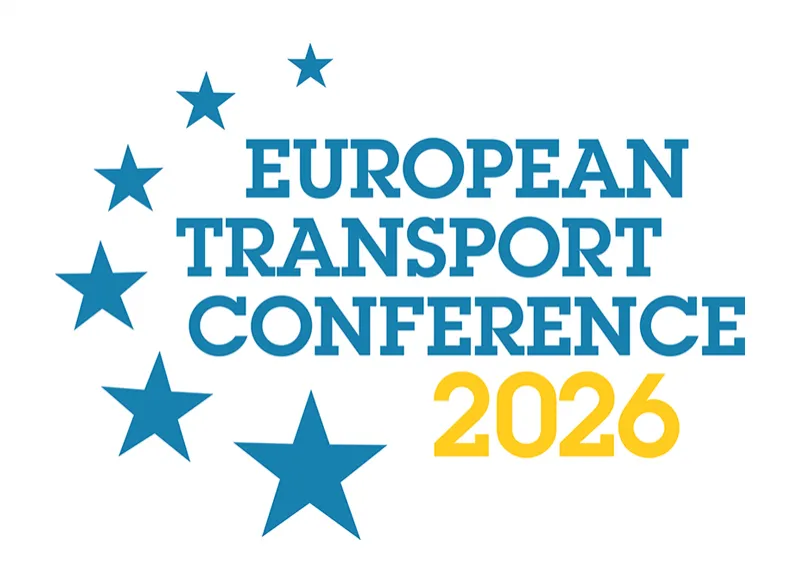-
Past ETC Papers

Browse, search and view papers from the past AET Conferences.
-
Members' Area

AET promotes networking and exchange of ideas, information and opportunities amongst members.
Conference Papers 2023
Milan, Italy
ETC Conference Papers 2023
How a high-inflation era might affect rail demand forecasting?
Seminar
Day 3 (8 Sep 2023), Session 9, Influences on Travel Patterns and User Satisfaction, 11:30 - 13:00
Status
Accepted, documents submitted
Submitted by / Abstract owner
Emily Mills
Authors
Lola Damstra, Oxera Consulting LLP, UK
Robert Catherall, Oxera Consulting LLP, UK
Ilianna Pirounaki, Oxera Consulting LLP, UK
Ellis Ashley-Fenn, Oxera Consulting LLP, UK
Short abstract
With inflation at historic highs, we test the assumption that passengers respond to changes in real fares and incomes or whether nominal changes are more important. Updating our analysis for a 2015 ETC paper, we test if the conclusions have changed.
Abstract
Annual increases in regulated rail fares in Great Britain have been historically set on an RPI+/-X% basis with ’X’ varying depending on the public policy choice of the balance of funding between taxpayers and farepayers. In the context of inflation at historically high levels and cost of living pressures, the UK government in 2022 departed from its usual policy of RPI+1% based on the July RPI rate (which stood at 12.3% in July 2022) with regulated fares rising on average by 5.9% (or a real terms cut of 6.4%).
Traditional economic theory suggests, all things being equal, that a real terms cut in fares will mean passengers acting rationally will respond by increasing their demand for travel and travel more often. However, behavioural economics and in particular the concept of the ‘money illusion’ challenges this assumption and suggests that passengers may respond differently. Therefore, for a fares rise in nominal terms that is also a real terms cut, demand could fall in response. We plan to test whether this is the case using the latest available data.
The Passenger Demand Forecasting Handbook (PDFH) recommends that the impact of fares changes are forecast in real terms since it is assumed that since fares and incomes generally move in line with other prices the net effect on demand is neutral or in other terms that the ‘money illusion’ does not have an impact. Oxera analysis for a 2015 ETC paper found that forecasting in nominal terms had a superior performance than forecasting in real terms suggesting this may not be the case and that the money illusion does have an impact.
We will update our 2015 analysis using the latest available data to test whether these conclusions still hold or have changed. We will supplement this analysis with techniques such as ‘nowcasting’ using Google trends in order to look at the immediate short term impacts from recent fares changes in the current high inflation environment. Using the results of this analysis and the latest developments in the behavioural economics literature, we will consider the policy implications of the impacts of recent high inflation and what conclusions should be drawn for policy makers when setting future fares changes.
Programme committee
Rail Policy and Planning
Topic
Funding and financial sustainability – challenges from Covid recovery and energy prices
Documents:


Association For
European Transport
Forester House
Doctors Lane
Henley-in-Arden
Warwickshire, UK
B95 5AW
+44 (0) 15 64 793552
VAT number: 710 1866 64
Conference Supporters & Endorsers




Legal Entity
The Association for European Transport is registered as an Association ('vereniging') with the Chamber of Commerce for Haaglanden in The Netherlands under company number 27170096.
Built on Zenario




